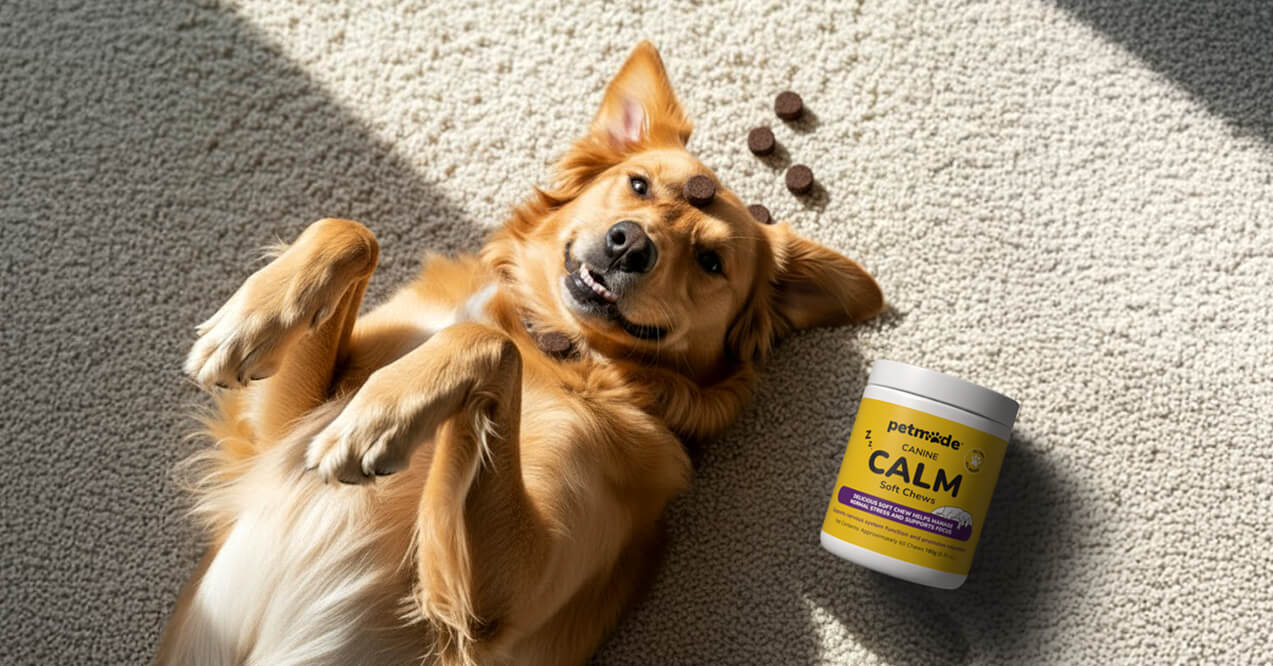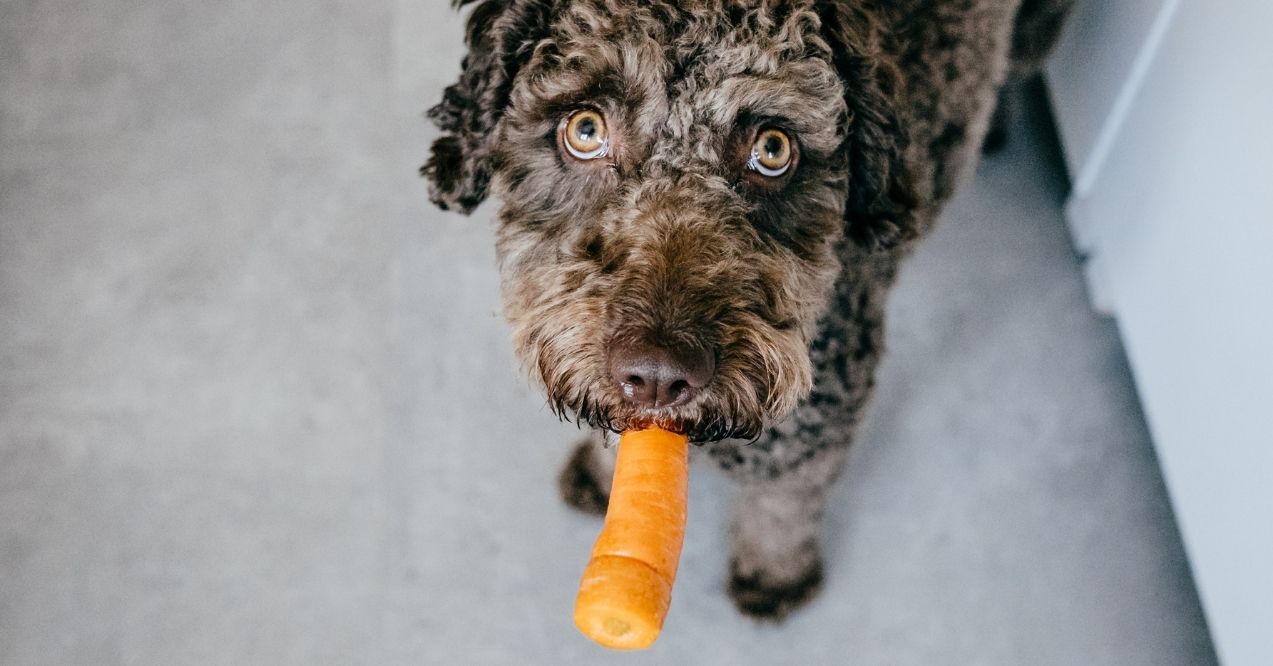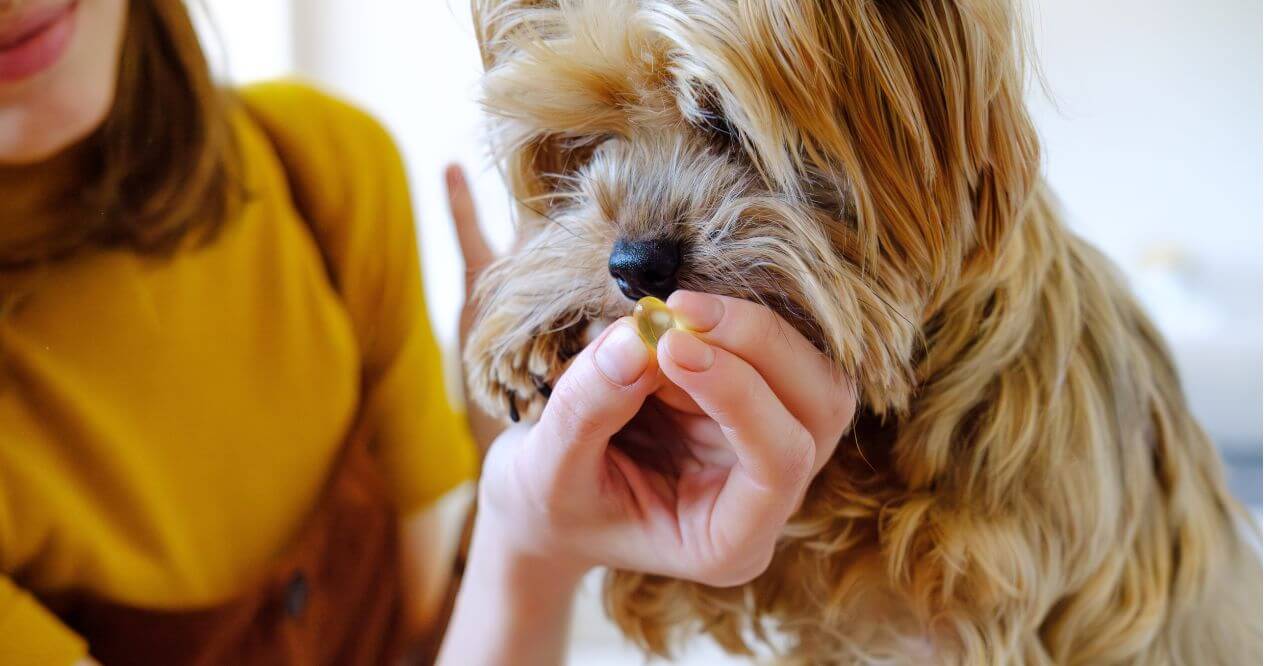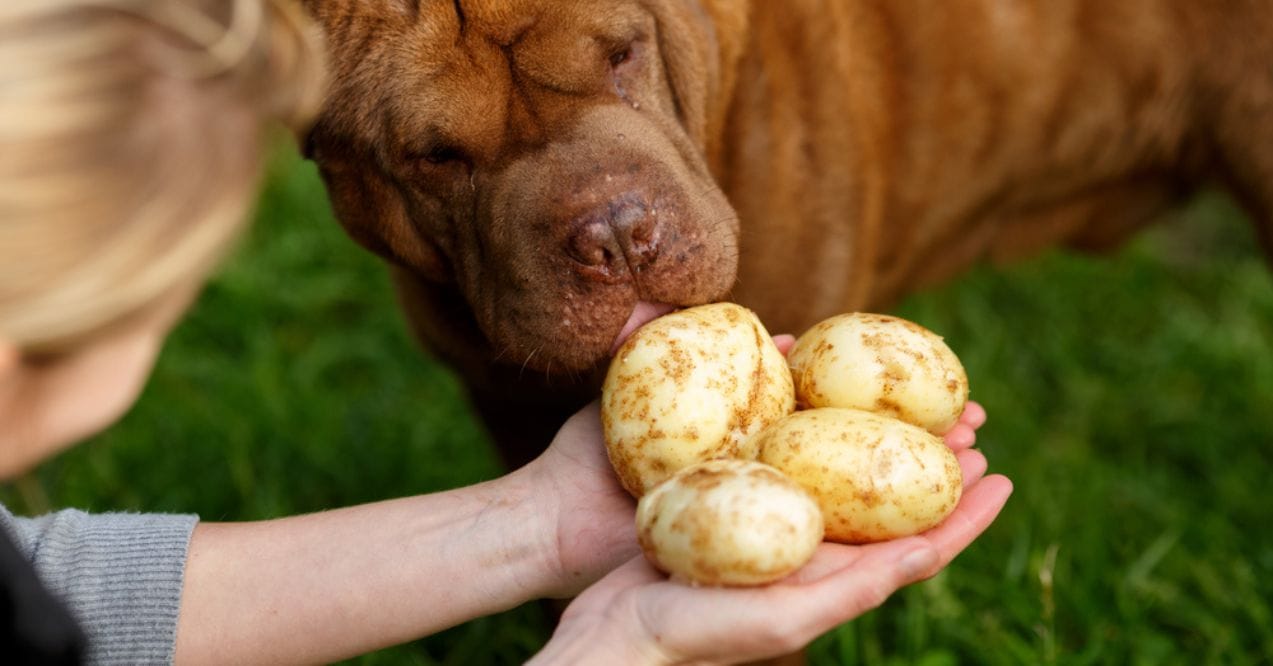Can Dogs Eat Yogurt?
Can dogs eat yogurt? This question often pops up among pet owners looking to add variety to their pups’ diets. Yogurt can offer some potential benefits for dogs, but it’s not suitable for every furry friend. Let’s explore the world of yogurt for dogs and what you should know before serving it to your four legged companion.
Yogurt and Canine Compatibility
Some dogs can enjoy small amounts of dairy without issues. It all depends on your individual dog’s tolerance levels and the type of yogurt you choose.
Types of Yogurt
- Regular Yogurt – Made by fermenting milk with bacterial cultures, it contains moderate levels of lactose. The fermentation process partially breaks down lactose, making it easier for some dogs to digest compared to milk.
- Greek Yogurt – This thicker variety is strained to remove more whey. Is Greek yogurt good for dogs? Yes, it can be. It has higher protein content and lower lactose levels, which can benefit active dogs or those needing extra muscle support.
- Kefir – While not technically yogurt, kefir is a fermented milk drink with a consistency similar to thin yogurt. Its extended fermentation process further reduces lactose content and increases probiotic diversity. This might make it a good option for dogs with sensitive stomachs.
Key Ingredients to Avoid in Yogurt
- Artificial Sweeteners – These can be extremely harmful to dogs. Xylitol can cause rapid blood sugar drops and potential liver failure in canines.
- Added Sugars – While not toxic, excess sugar can lead to weight gain and dental issues in dogs.
- Flavorings – Many flavored yogurts contain ingredients that may be harmful to dogs, such as chocolate or grape extracts.
So, What yogurt is good for dogs? Plain, unsweetened varieties are your best bet.
Potential Benefits of Yogurt for Dogs

Yogurt isn’t essential for a dog’s diet, but it can offer several potential benefits when fed in moderation.
Nutritional Components
- Protein – Yogurt provides high-quality protein that supports muscle health and overall body function in dogs.
- Calcium – The calcium in yogurt contributes to bone health.
- Vitamins – Yogurt contains B vitamins, particularly B12, which supports nervous system function and helps maintain healthy skin and coat.
Probiotic Potential
Yogurt’s live cultures may support digestive health in dogs by:
- Promoting beneficial gut bacteria growth
- Potentially aiding in nutrient absorption
- Supporting overall digestive comfort
However, probiotic content in yogurts is so small that specially formulated canine probiotics may be more effective and targeted for dogs’ specific needs.
Other Potential Benefits
- Protein Source – For dogs who may need extra protein in their diet, yogurt can be a tasty supplement.
- Dental Health – The act of licking yogurt may help remove food particles from teeth, though this isn’t a substitute for proper dental care.
- Appetite Stimulant – Some dogs may find yogurt appetizing, which can be helpful for picky eaters when mixed with regular food.
In the end, Is yogurt good for dogs? While it can offer these benefits, it’s not essential for a balanced diet.
Risks and Considerations
Yogurt can offer benefits, but be aware of potential risks:
- Lactose Intolerance – Many dogs lose the ability to produce lactase (the enzyme that breaks down lactose) as they age. This can lead to digestive upset if they consume dairy products.
- Allergies – Some dogs may have allergies to milk proteins, which can cause more severe reactions than lactose intolerance.
- Calorie Content – Yogurt is relatively high in calories, which could contribute to weight gain if not accounted for in your dog’s overall diet.
- Imbalanced Diet – Relying too heavily on yogurt as a treat or supplement could lead to an unbalanced diet.
Signs that your dog may not tolerate yogurt well include:
- Loose stools or diarrhea
- Vomiting
- Excessive gas
- Abdominal discomfort or bloating
- Itching or skin irritation (in cases of allergies)
Is yogurt good for dogs with diarrhea? While some pet owners swear by it, it’s best to consult your vet before giving yogurt to your dog who has diarrhea..
Serving Yogurt to Your Dog

If you’ve decided to introduce yogurt to your dog’s diet, here are some guidelines:
Serving Size Chart (Daily Maximum):
- Small dogs (up to 20 lbs): 1 teaspoon
- Medium dogs (20-50 lbs): 2 teaspoons
- Large dogs (over 50 lbs): 3 teaspoons
Introduction Tips:
- Start with a small amount (less than the recommended serving) and observe your dog’s reaction.
- Gradually increase the amount over several days if no adverse effects are noticed.
- Always mix yogurt with your dog’s regular food rather than serving it alone.
Fun Yogurt Treat Ideas:
- Frozen yogurt drops – Place small dots of yogurt on a baking sheet and freeze for a cool treat.
- Yogurt-dipped fruits – Coat dog-safe fruits like blueberries or apple slices in a thin layer of yogurt and freeze.
- Yogurt and pumpkin mix – Combine plain yogurt with a small amount of pure pumpkin puree for added fiber.
These treats should make up no more than 10% of your dog’s daily calorie intake.
Conclusion
Yogurt can be a safe and potentially beneficial treat for many dogs, but it’s not necessary for a balanced canine diet. Some dogs may enjoy and benefit from small amounts of plain, unsweetened yogurt, while others may not tolerate it well. Always introduce new foods gradually and watch for any adverse reactions.
Every dog is unique, and what works for one may not work for another. When in doubt, consult with your veterinarian to determine if yogurt is a good choice for your furry friend.
Whether yogurt becomes a regular part of your dog’s treat rotation or not, the most important thing is providing a balanced diet and lots of love to your canine companion.
Lactose-intolerant dogs should avoid yogurt. However, some may tolerate small amounts of Greek yogurt or kefir, which have lower lactose content. Always introduce new foods slowly and watch for any adverse reactions.
Greek yogurt is often better for dogs than regular yogurt. It has higher protein content and lower lactose levels, making it easier to digest. Still, plain, unsweetened varieties of either type are best.
You can give your dog yogurt daily in small amounts. For small dogs, 1 teaspoon; medium dogs, 2 teaspoons; large dogs, 3 teaspoons. Always consider it a treat, not a meal replacement.
Yogurt may help some dogs with upset stomachs due to its probiotic content. However, it’s not a cure-all. If your dog has persistent digestive issues, consult your veterinarian for proper diagnosis and treatment.
Advertisement. This site offers health, wellness, fitness and nutritional information and is designed for educational purposes only. You should not rely on this information as a substitute for, nor does it replace, professional medical advice, diagnosis, or treatment. If you have any concerns or questions about your health, you should always consult with a physician or other health-care professional. Do not disregard, avoid or delay obtaining medical or health related advice from your health-care professional because of something you may have read on this site. The use of any information provided on this site is solely at your own risk.



















